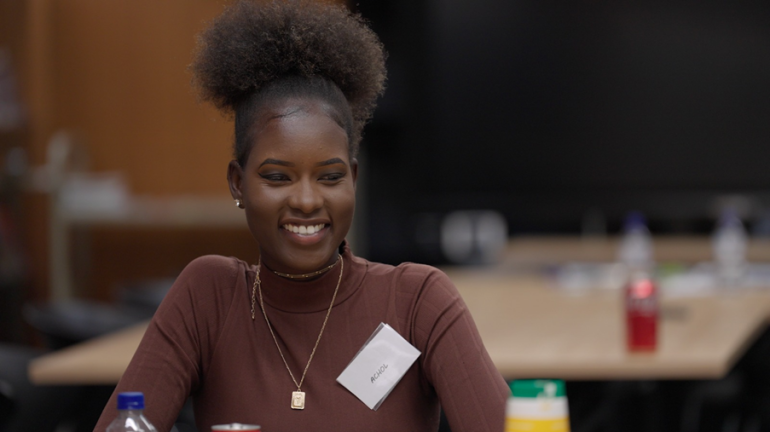Dr Lydia Gitau
The challenge to identify creative and innovative ways to understand, connect with and support mental and emotional wellbeing in our communities is enormous. Due to stigma surrounding the reporting of cases of suicide and mental health concerns, it has been difficult to get reliable numbers about death by suicide among people from refugee backgrounds.
According to research by Suicide Prevention Australia (2021), people from refugee backgrounds may experience higher levels of psychological distress compared to other Australians due to having experienced traumatic events such as war, separation from family and friends, or other stressors related to migration, and thus be more predisposed to suicidality.
The challenge is double-edged, as the impact of these traumatic experiences may also render refugees unable to engage in support programs preorganised for their mental wellbeing. As researchers in the field of mental health, we have a call to explore and support creative cultural and community-led approaches to mental health. This includes co-designing programs to address suicide prevention and early intervention with specific communities.
At fEEL (felt Experience and Empathy Lab, UNSW) we have been working with a group of young South Sudanese community members from Western Sydney to explore ways of addressing the topic of suicide in their community. One of these community members is Achol, a young South Sudanese woman who has been writing poetry about her and her community’s experiences around mental health issues, including suicidality.
Achol at one of the workshops (Photo: fEEL).
Achol began writing poetry as a way of making sense of her own experiences, and now her poetry is becoming a galvanising point for the young community members to address their psychological distress, its causes, and the not-so-often-mentioned topic of suicide in their community. Through facilitated workshops comprising creative activities, Achol recites some of her poems, and participants brainstorm on topics the poems touch on, allowing for candid conversations around mental health and suicide to emerge.
A short film documenting the process of this exploration, involving Achol and the young community members, is currently in development. The Australian Human Rights Institute has supported the production of this short film through the Institute’s small funding scheme.
Meanwhile, Achol will be participating at The Big Anxiety Melbourne in late September, a festival that explores how arts-based experiences help people work through trauma, suicidality, anxiety or stress. Previous Big Anxiety festivals (2017, 2019) indicate that the use of arts-based engagement for psychosocial support may allow for interventions that are sensitive to the complex and culturally varied ways individuals and communities experience trauma.
At an event hosted by VicHealth’s Future Healthy in partnership with fEEL during the festival, Achol will join members of the Pasifika, other South Sudanese and Sri Lankan Tamil communities in Melbourne, bringing together culture, spoken word, music, dance and video to support talking about mental health in ways that work for them. These creative means of expression provide community members with alternative ways of understanding and articulating their experiences that contrast with the traditional medical language describing mental health and ill-health that may not be accessible or applicable to community members.
Dr Lydia Gitau is an Australian Human Rights Institute Associate and a Postdoctoral Fellow (Psychosocial Practice) with the fEEL Lab, UNSW.
If you need support, there are crisis services available 24/7:
Lifeline: 13 11 14
Suicide Call Back Service: 1300 659 467
